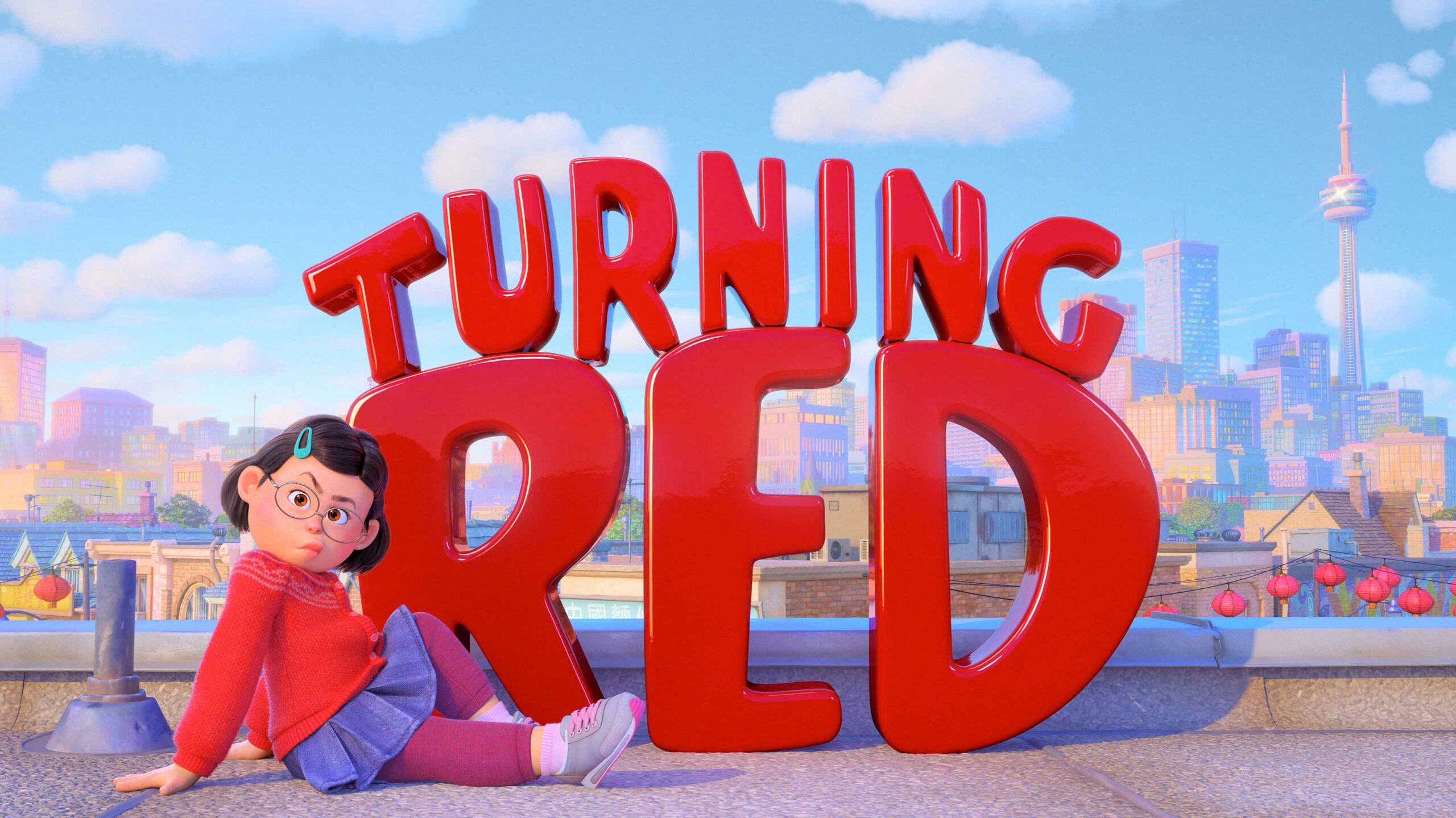Disney wants the Canadian Government to amend the Broadcasting Act to redefine “Canadian” content
Disney has approached the Canadian federal government in a bid to amend the current Broadcasting Act.
This past week, David Fares, vice-president of global public policy at the Walt Disney, came forward to the senate in hopes of changing what “Canadian” content is defined as.
Fares argues that Disney productions such as the recent Turning Red should fall under the current Canadian content qualifications. The animated film from Pixar tells the story of a Chinese-Canadian teen growing up in Toronto. The film also stars Ottawa’s Sandra Oh. Additionally, National Geographic’s Barkskins was filmed in Quebec. Washington Black, a TV adaptation of Canadian author Esi Edugyan’s work was also produced. However, none of the production qualify as Disney is an American company.
The current Broadcasting Act has strict guidelines that dictate what is defined as “Canadian” made content. The Online Streaming Act (Bill C-11) aims to give companies producing and promoting Canadian content to certain standards financial incentives, tax breaks and other perks. Fares hopes that Bill C-11 could update the Canadian broadcasting laws. This could see Canadian Radio-television Telecommunications Commission (CRTC) regulatory authority over companies and streaming platforms like Disney, Netflix, etc.
During last week’s hearing, Fares claimed that Disney has a “special relationship with Canada.” He says that the company has spent and invested about $3 billion in Canada. Over the past few years, Disney has invested in the country, on 18 TV series. “We hope to invest further in Canada, and a flexible regulatory regime will allow us to maximize those future investments,” Fares adds.
Heritage Minister Pablo Rodriguez confirms he will ask the CRTC to amend the definition of Canadian content.
Although the wheels are seemingly in motion, there may be pushback. The CEO of the Canadian Media Producers’ Association Reynolds Mastin has said “people sometimes forget that Canadian content rules exist to determine access to financial incentives from the federal government.”
Recently, Spotify made a similar appeal. Representatives from the company argued for similar flexibility in how a Canadian song should fall under Bill C-11. Due to the guidelines, even a song made by a Canadian artist such as Justin Bieber or Drake may not count as “Canadian.”
Image credit: Disney
Source: The Globe and Mail
For all the latest Technology News Click Here
For the latest news and updates, follow us on Google News.

